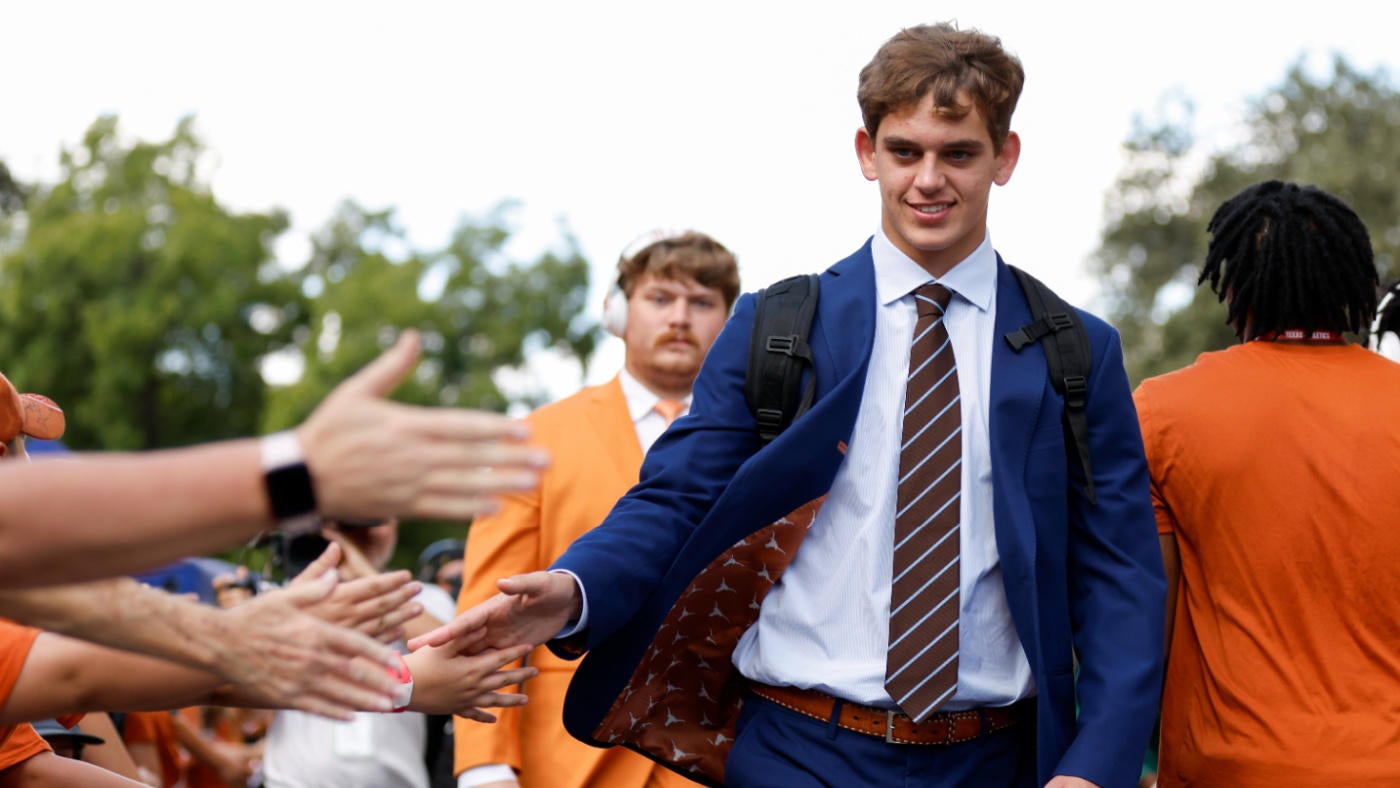Barely democratic, cosy to the point of corruption with votes discreetly fixed: What party conferences are really like, by QUENTIN LETTS By Quentin Letts for the Daily Mail Published: 01:39, 16 September 2024 | Updated: 01:50, 16 September 2024 e-mail View comments As summer fades, you see them on telephone wires, birds of a feather preparing for the autumn journey. Quarrelsome blackcaps head for Iberia and the Manx shearwater girds its wings for the haul to South America. And each September that oddest of specimens, the politics warbler, enters a first-class railway carriage and flutters off to some four-star hotel for the nutrition-rich wetlands of the party conferences.
Every year it happens, regular as the tock of a grandfather clock. Parliament adjourns, as it did last Thursday, and for three weeks our political class ups sticks to a provincial destination for some all-expenses-paid nesting. Behind high-security barricades they schmooze, chirp and fill their beaks during long, splashy evenings.

Shortly before Sir Keir Starmer spoke to the conference, I saw a middle-aged bloke stagger bleary-eyed out of the hall, Quentin Letts writes Lobbyists palm business cards to rising politicians. Ministers murmur over canapes with construction sector tycoons and technology tyros. Trade union barons disappear into private dining rooms with Downing Street tsars and think-tank directors.
Pledges of mutual assistance are signalled, donations made. Out on the conference hall floor, meanwhile, in front of the voters, agendas and votes are discreetly fixed amid a drizzle of cliches. Party conferences are barely democratic.
Politicians make a pretence of mingling with activists but the real business is done behind closed doors. Conferences are cosy to the point of corruption but they are key to understanding modern British politics. Read More QUENTIN LETTS: Labour MPs looked wretched, liquid in their guts The TUC conference in Brighton last week was the first of the big four.
Many delegates are paid by their unions to attend and some treat it as a four-day holiday bonus, a knees-up at the seaside during a working week. TUC conferences are not as boozy as they were in the 1970s, when pre-dinner drinks lasted so long that invitations specified guests should arrive '6pm for 8.30pm', but sobriety is still far from compulsory.
Shortly before Sir Keir Starmer spoke to the conference at 11am last Tuesday, I saw a middle-aged bloke with a frizzy mullet and pot-bellied red football shirt stagger bleary-eyed out of the hall. Either he couldn't bear the thought of listening to lumpen Sir Keir or he had a thumping hangover. Maybe both.
You should hear the dawn clanking outside conference hotels such as the Hyatt in Birmingham when the recycling lorries come to collect the previous night's empties. At the Midland in Manchester, I have come downstairs at dawn to do punditry on breakfast television only to find the previous night's drinkers still bouncing off the pillars in the foyer. At The Imperial Hotel, Blackpool, in late Thatcher days, I found myself knocking back Sunday afternoon pints of Guinness with Labour's Clare Short and some well-refreshed comrades.
Ms Short later rose to prominence in the Blair government, not least because she had long been a convivial drinking buddy of the comrades. That is one function of party conferences: the cultivation of a political base, usually over booze. The first conferences were held in the 19th century in London.
By the 1950s, there was an established custom of holding conferences in seaside resorts once their high season was over. When I started reporting from conferences in the 1980s – over the years I have attended something like 120 of these darn things – the venues were Blackpool, Brighton and sometimes Bournemouth. Blackpool, with its bracing beach, cheap B&Bs and the atmospheric Winter Gardens conference hall, was glorious but Tony Blair's people thought the town too working class.
We all had to start going to boring Manchester. If the Lib Dems' conference attracts more rank-and-file activists than the others that is possibly because so many of them are retired or unemployed and can afford the time to attend Labour's wartime leader Clement Attlee called conferences 'the parliament of the Labour movement'. The Blairites took a different view.
New Labour officials nobbled the conference's daily agenda, giving delegates less chance for dissent. To maintain a democratic veneer, there was usually some minor row but it never amounted to much. Much the same happened in the Tory party which phased out speeches from activists.
A 16-year-old William Hague made his name with a speech at the Tory conference in 1977 but that could not happen today. Hall speeches are reserved for the party's leaders – and jolly dull most of them are, too. When technocrat politicians ignore their activists, you end up with revolution (Brexit).
Conferences are tests of stamina, a steeplechase of finger buffets and warm chardonnay, prohibitively expensive hotel rooms, glacial hall speeches and furtive corridor creeping. Conferences cement friendships and enmities. They compound tribalism.
They are where confidences are betrayed, reputations jeopardised. Rising stars may find that after conference, they have more contacts and fewer secrets. In politics, opportunity's twin is compromise.
Banks, airport operators, the big accountancy firms, arms manufacturers, ambulance-chasing law firms, drinks companies, venture capitalists, the charities which pocket millions in international aid: these and other supplicants infest the conferences. Vested interests, you see, are more important than voters. The exhibition halls are vast markets of influence peddling.
In one aisle, you will find the Campaign for Nuclear Disarmament, in the next, a defence firm. The charity campaigners are now indistinguishable from the capitalists. Politics is a seething fight between interests and the most successful politicians are those who can appear to agree with both sides.
Parties make a fortune by selling exhibition and advertising space and sponsorship of fringe meetings and drinks parties. A 9ft wide stall at this year's Labour conference costs £15,000, plus £1,200 if you want such luxuries as an electric plug and two plastic chairs. The Tories will have to charge less because they are no longer in government but just you wait a couple of years.
Tides turn. Then the lobbyists switch like a cloud of starlings. The Lib Dems always have a last day pass the bucket, when the activists chuck in their coins to boost party funds.
The money raised is nothing compared to what a single company will pay simply to have a stall in the conference foyer. If the Lib Dems' conference, which started on Saturday, attracts more rank and file activists than the others that is possibly because so many of them are retired or unemployed and can afford the time to attend. The Tory conference attracts spotty youths in cheap suits and business smoothies, Quentin Letts writes.
Here, James Cleverly announces his leadership bid Labour and Conservative conferences are now almost devoid of ordinary members. Labour's conference is an uneasy mix of moany local branch delegates and ultra-loyal national party officials, along with trade union heavies. The Tory conference attracts spotty youths in cheap suits and business smoothies.
MPs of all parties stay away in droves. For them, parliament's conference recess is a time to catch some autumn sunshine abroad. Just occasionally, there is an outbreak of grassroots dissent.
That happened at the Conservative conference in 2018 when the May government was trying to stymie Brexit. Activists boycotted the main hall and queued round the block to listen instead to May's rival, Boris Johnson, at a fringe meeting. Conferences also allow ambitious ministers to tack to the wider party membership.
David Lammy's recent decision on banning some arms sales to Israel may well earn him a standing ovation at the coming Labour conference in Liverpool. Sir Keir Starmer, beware. As for the party leader, a conference speech is still a significant hurdle.
It forces the leadership, at least once a year, to marshal its policies into a coherent, stirring argument. Public speaking is not everything. Neil Kinnock was a superb conference orator and never became PM.
But David Cameron's conference speeches always bolstered his standing with the party. Equally, Theresa May's premiership never quite recovered from her accident-prone 2017 conference speech, when she lost her voice and was handed a fake P45 by a protester. For all the corruption, therefore, the next three weeks could be instructive.
Provided I can remain sober. Blackpool Manchester Labour Keir Starmer Share or comment on this article: Barely democratic, cosy to the point of corruption with votes discreetly fixed: What party conferences are really like, by QUENTIN LETTS e-mail Add comment More top stories.



















